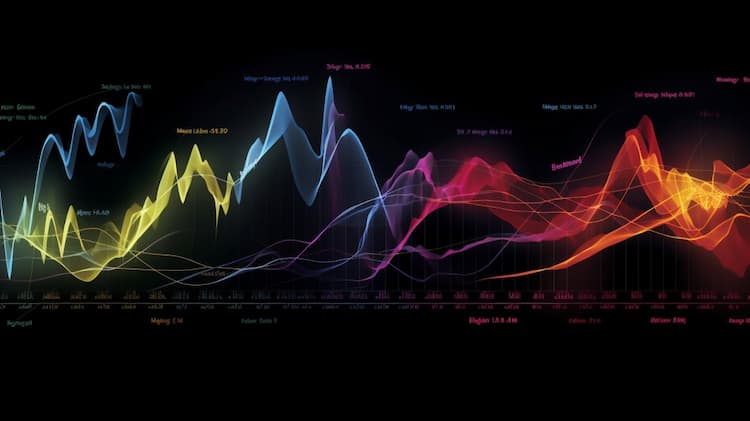
FXH VS IBB
Exchange-Traded Funds (ETFs) have gained immense popularity in the world of finance, offering investors diversified exposure to various sectors and industries. In this article, we will conduct a comprehensive comparison between two prominent ETFs: FXH (First Trust Health Care AlphaDEX Fund) and IBB (iShares Nasdaq Biotechnology ETF). We'll delve into a range of aspects, including ticker symbols, full names, issuers, sectors, top holdings, capitalization, investment strategy, tracking methods, and exposure.
FXH VS IBB: Overview
FXH and IBB are two ETFs with distinct focuses within the healthcare and biotechnology sectors. FXH aims to provide investors with exposure to healthcare stocks, while IBB is specifically designed to track the performance of biotechnology companies. Let's explore the differences in their objectives and how these translate into unique investment opportunities.
FXH VS IBB: Sectors and Top Holdings
The FXH ETF primarily invests in healthcare companies spanning pharmaceuticals, biotechnology, healthcare equipment, and providers. In contrast, IBB focuses solely on biotechnology firms, including major players like Amgen, Gilead Sciences, and Moderna. Understanding the sectors and top holdings of these ETFs is crucial for investors seeking to align their portfolios with their investment goals and risk preferences.
 FXH overlap FXH VS IBB
FXH overlap FXH VS IBB
FXH VS IBB: Capitalization and Investment Strategy
FXH boasts a substantial asset under management (AUM), reflecting its popularity among investors seeking exposure to the broader healthcare industry. On the other hand, IBB's strategy revolves around capitalizing on the growth potential of biotechnology companies. The difference in capitalization and investment strategy between these two ETFs implies varying levels of potential returns and risk, making it essential for investors to make informed decisions.
FXH VS IBB: Tracking and Exposure
FXH aims to offer investors exposure to the healthcare sector's performance, which includes various sub-sectors like pharmaceuticals, biotechnology, and healthcare equipment. In contrast, IBB tracks an index composed exclusively of biotechnology stocks. The tracking methodologies differ, with FXH tracking an index using a proprietary algorithm, while IBB seeks to replicate the performance of the Nasdaq Biotechnology Index. Understanding these tracking methods and exposure nuances is crucial for investors to select the ETF that aligns with their investment objectives.
Conclusion
FXH and IBB are distinct ETFs, each catering to specific investment preferences within the healthcare and biotechnology sectors. For those looking to gain deeper insights into the holdings, correlations, overlaps, and other valuable information, ETF Insider is an invaluable tool. With its user-friendly app, it provides comprehensive details on these and other financial instruments.
Disclaimer: This article does not provide any investment advisory services.
FXH ETF issuer
FXH ETF official page
IBB quote and analysis
Discover the top holdings, correlations, and overlaps of ETFs using our visualization tool.
Our app allows you to build and track your portfolio.
To learn more about the IBB iShares Biotechnology ETF, access our dedicated page now.





